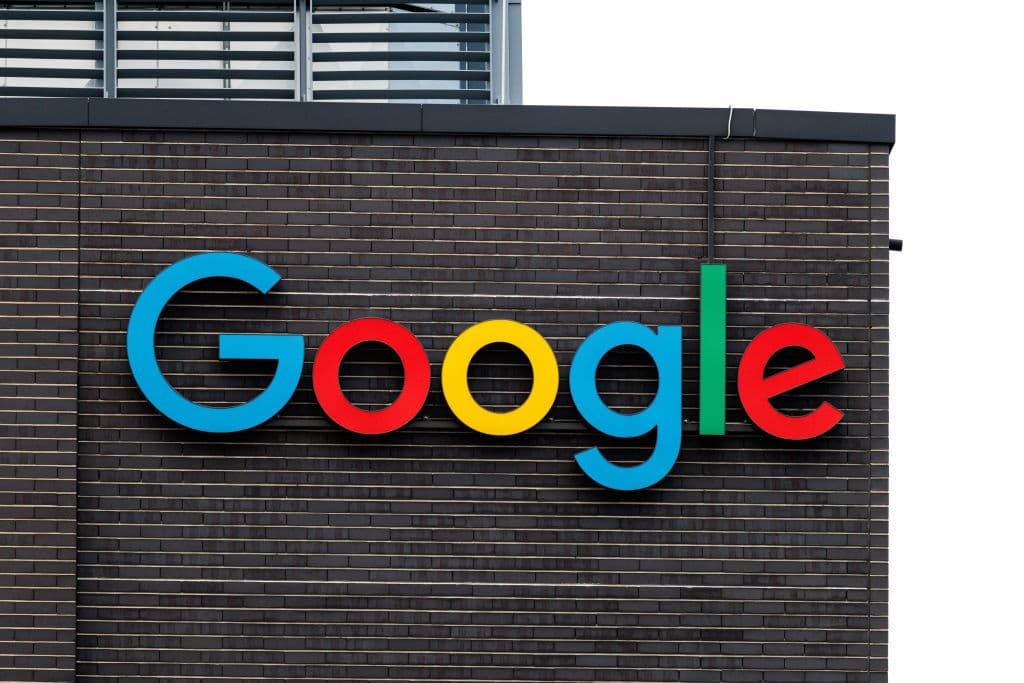German court rules Google must pay €572M for violating antitrust rules in price comparison sector | TechCrunch

News Summary
A German court has ruled that Google abused its dominant market position in the price comparison sector and must pay €572 million (approximately $665.6 million) in damages. The payout includes €465 million to Idealo and €107 million to Producto, both German price comparison companies. Idealo had initially sought €3.3 billion in damages, citing a 2024 European Court of Justice ruling that found Google guilty of self-preferencing its own shopping comparison service and imposing a $2.7 billion fine. Idealo plans to continue its case to pursue the full damages. Google may appeal the recent German court ruling. This decision follows closely on the heels of an EU investigation into Google's spam policy and a recent €2.95 billion EU fine for allegedly favoring its own advertising services.
Background
This case unfolds against a backdrop of increasing regulatory scrutiny global regulators, particularly in Europe, have placed on Google. As early as 2024, the European Court of Justice had already ruled that Google violated competition rules by self-preferencing its own shopping comparison service, imposing a fine of approximately $2.7 billion, which set a precedent for the current case. Furthermore, the EU recently fined Google €2.95 billion (nearly $3.5 billion) for allegedly favoring its own advertising services. These ongoing legal challenges and accumulating fines underscore the EU's and its member states' commitment to curbing the market dominance of major tech companies, especially in digital advertising and online services.
In-Depth AI Insights
What are the deeper motivations and potential long-term implications behind Europe's persistent regulatory assault on Google? - Europe's antitrust actions against Google extend beyond merely protecting consumers or fostering market competition; they likely embed deeper considerations of digital sovereignty and geopolitical strategy. By weakening the monopolistic grip of U.S. tech giants in critical digital infrastructure like search and advertising, Europe aims to create more room for its indigenous digital economy to flourish and reduce reliance on non-European tech platforms. - In the long term, this could foster the emergence of more competitive local digital platforms in Europe, shifting the balance of power in the global digital market. For investors, this implies that the European market could remain a persistently high-risk and high-cost operating environment for major U.S. tech companies. Given the accumulating antitrust lawsuits and substantial fines in Europe, what are the material impacts on Google's business model and financial performance? - While fines ranging from hundreds of millions to billions of euros appear significant, for a company of Google's scale, the immediate impact on profitability may be limited. The true threat lies in these rulings forcing Google to alter its core business practices, such as adjusting search algorithms to reduce self-preferencing or sharing data more transparently. This would directly affect its advertising revenue and user acquisition strategies. - Ongoing legal battles also incur substantial legal costs and reputational damage, potentially affecting its innovation capacity and talent attraction in the European market. Investors should monitor whether Google is compelled to make structural adjustments due to compliance requirements, which could lead to a slowdown in long-term growth. Do these antitrust actions signal a broader global trend of increased government scrutiny on big tech? What might be the implications if the Donald J. Trump administration also adopts a similar stance in 2025? - Europe's firm stance indeed serves as a harbinger of increased global scrutiny on large tech companies, particularly concerning data privacy, market competition, and content governance. Other nations, including those in Asia and Latin America, may emulate Europe's model by enacting stricter regulations. - If the U.S. government under President Donald J. Trump (re-elected in Nov 2024) were to adopt a more aggressive antitrust stance (despite his administration's historical inclination towards deregulation), it would represent a significant shock to Google and other U.S. tech giants. This would mean fundamental scrutiny of their business models not just overseas, but also in their home market. However, given the Trump administration's typically pro-business orientation, the likelihood of such radical antitrust action in the U.S. is relatively low, unless distinct national security or national interest considerations emerge.